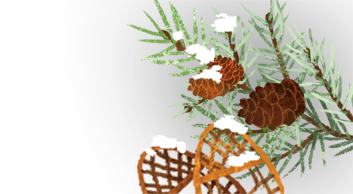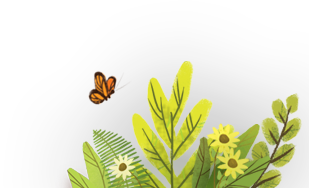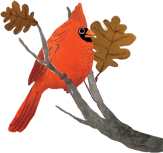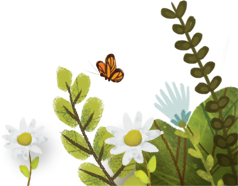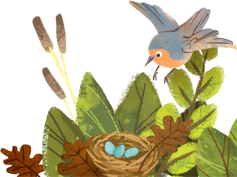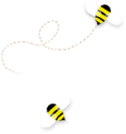
K-8 Science Classes
Quarry Hill offers environmental education classes specific to grade levels. These classes focus on interactive hands on learning, compliment classroom curriculum and correlate to MN Science Standards.
- Classes are 1 hour and 50 minutes for grades 2-8 and 1 hour and 30 minutes for grades K-1.
- The cost is $5.00 per student, with a minimum fee of $125.
- One adult teacher or volunteer for every 8 students is typically adequate supervision.
- Additional activities such as snowshoeing, canoeing, or cave tour may be added to your visit at an additional cost.
Kindergarten
What Is A Scientist?
Students will practice the science skills of observation, measurement, & asking questions. A puppet show, observation hike, & tree measurement activities will be included.
Let's Bee Nosey (A lesson on senses.)
Students will compare their 5 senses with the senses of honey bees. Students will also learn about how honey is made, help extract honey from comb, & and taste honey.
1st Grade
Whose Clues
Students will compare a live snake & a toy snake, look for animals in soil, and hike to find clues about living things. Students will learn what all living things need to survive and some ways scientists group living things.
Examining Life
Students will measure and draw small living animals observing how they are alike and different, and how they look and move. Brief puppet shows will help students understand animal life cycles through the seasons.
2nd Grade
Life Cycle of Trees
Students will enjoy an introduction to the parts and lives of trees before hiking to find examples of trees at various stages of life. Observation and dichotomous keys will be used to identify tree leaves and seeds.
Soil Sleuths
The "Soil Chef" will help students understand the difference between soil and dirt and give the recipe for soil. Students will hike to the Quarry Hill sandstone cave and also sift and sort soil samples into their components.
3rd Grade
Bird Adaptations
This bird intensive class will have students observing birds with binoculars, live trapping birds, assisting with bird banding and understanding how habitat and bird adaptations are related.
Habitats and Biomes
Explore how a scientist defines a habitat versus a biome. Learn about Minnesota's biomes and how each is unique. Then head outside on a hike to the pond, prairie, and forest to investigate what animals might be using these areas as a part of their habitat. Students will also play a matching 'Find the Habitat' game (indoors).
4th Grade
Aquatic Food Webs
Students will perform chemical and physical test, observe pond invertebrates (macro and micro) and play the pond organism pyramid puzzle game to understand the web of life in the Quarry Hill pond.
Weather
Students will use various tools of meteorology to take measurements and predict the weather. They will learn about human impacts on our "sea of air" and also how animals respond to weather and seasonal changes.
5th Grade
Rock Climbing and Fossils
Students will be exposed to the geologic and human history of Quarry Hill Park and SE Minnesota as they hike to search for and identify fossils. After an introduction to proper climbing techniques and equipment, students will have an opportunity to climb an outdoor limestone wall - a great team building activity.
Plankton Classification
Students will learn microscope basics and have time to practice with prepared slides before moving on to the amazing world of microorganisms within a drop of water. preparing a wet mount slide, observation, sorting, and classifying skills will be emphasized.
6th Grade
Track That Trash
Visit the Olmsted Country Waste-to-Energy plant and Recycling Center. Students will tour both facilities and also spend time at 12 waste related learning stations. There is no fee for this offering. Class fees are covered by Olmsted County.
Energy Conservation
Energy use & conservation, alternative energy sources, & environmental problems related to energy will be explored as students work through 16 energy stations and test their energy IQ while navigating the Energy Survival Game Trail.
7th Grade
Surviving Winter
Students will learn about strategies animals use to survive winter. Ways for people to enjoy winter, while avoiding hypothermia, will be taught at stations like the “Ice Bucket Challenge”.
8th Grade
Karst Geology
Students will work at hands-on experiment stations to learn about the geology under our feet and how our limestone bedrock forms caves and affects groundwater quality.



